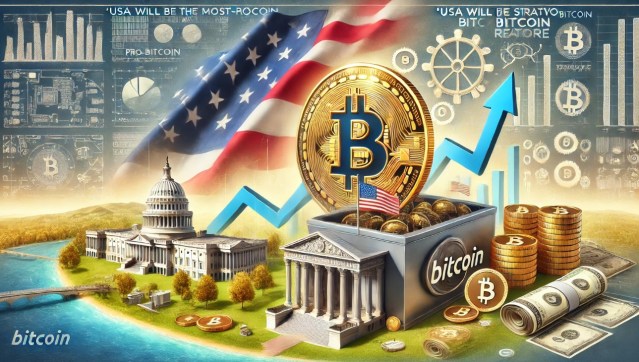By the way you can only do so once. Doesn’t sound like a fair deal but Tinkercoin co-founder, Gareth McLeod believes that the easiness of acquiring digital coins with via credit card will eventually pay off.
For whom?
According to McLeod, he can call out at least 25 people that heard about Bitcoin, wanted to get involved with it somehow, but don’t know where to start their crypto-journey. That’s why the initial idea for the service was to be simple as pie “buy & goodbye”: they give user a wallet, $20 worth of Bitcoin and a credit card number to pay for the service.
The user also has choice – either to get his own wallet or to get one from the Coinbase. And that’s about all. No traditional exchange is involved with their long and, for some, bothersome registration. Pay $25 get your share of the coins and do whatever you please. Pure and simple.
Regulation? What regulation?
The thing is there is no reason for the officials to get their hands into this. For example, US government doesn’t bother itself with a company that has works with less than $1000 per person per day. The Tinkercoin gets $25 out of person only once. You see the math here.
That allows the company to avoid control from at least the US and Canada governments. This “do it once” policy also allows Tinkercoin to care less about the latest suggestions on Bitcoin regulation in Canada.
Profit
Certainly, the 25% is a lot, comparing to the other exchanges that feed upon 3 or something percent per one act of exchange. McLeod neglects it as a fixed fee for the easiness of their service.
Nevertheless, if at first glance one would suggest that giving the large enough scale 25% fee brings a much better profit than big exchanges can ever rely on, then he or she should consider where these money go. A big piece of Tinkercoin’s revenue is eaten up by the credit card payment processor that agreed to defeat its fear of working with Bitcoin associated business. The costs, claimed by McLeod are so high, that only 5%-6% are left of the initial margin.
Another big chunk of money goes to the fraud prevention. As an ex-employee of Facebook dealing with security issues, McLeod knows that this is something that cannot be omitted.
So, the final buck that the service is getting from any one customer is not as colossal as it seemed earlier. The more intriguing question is how can the company stay afloat if the number of clients is potentially limited.
Well, the McLeod again has an answer for that. Given the approximate of a million Bitcoin users in North America there are astonishing 329 million that could spend $25 for an easy start.
The future of the Tinkercoin
However, the company is definitely going to expand. Each gives Tinkercoin its e-mail address during the registration. A three hundred million users would turn the service in into a gigantic Bitcoin list-building machine, which also has its profitable use.
There are is also a possibility for making a brokerage firm out it. A good example is BTCQuick, which successfully fulfills this function. There had been reports of $2 million revenue last October, a month before Bitcoin price flew into space.
Anyway, there is no doubt that Tinkercoin will find its customers, the only question being when the competition arrives?











